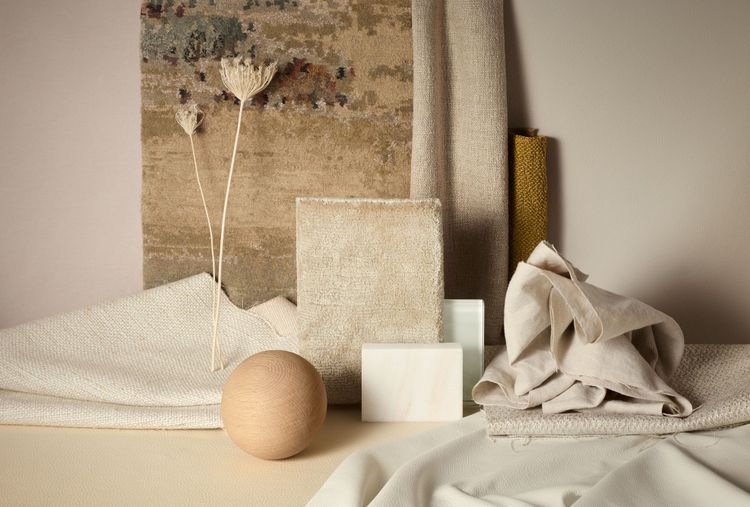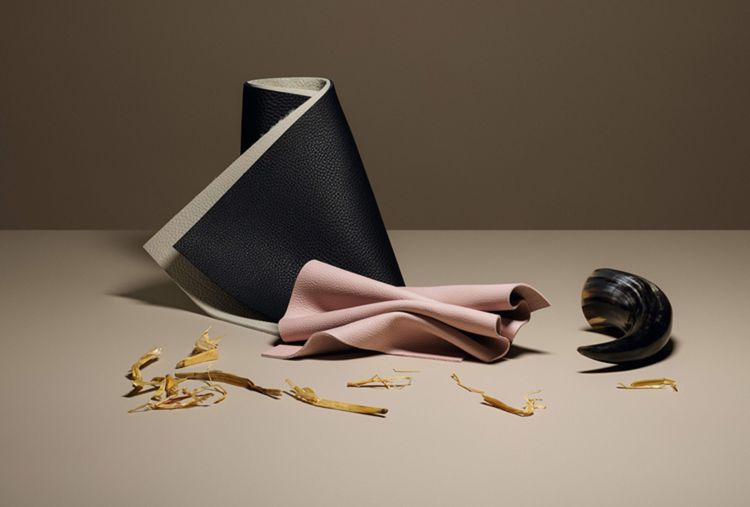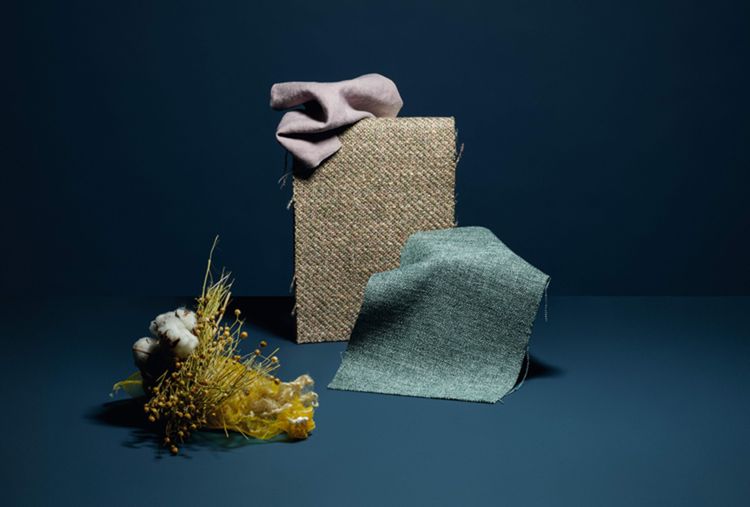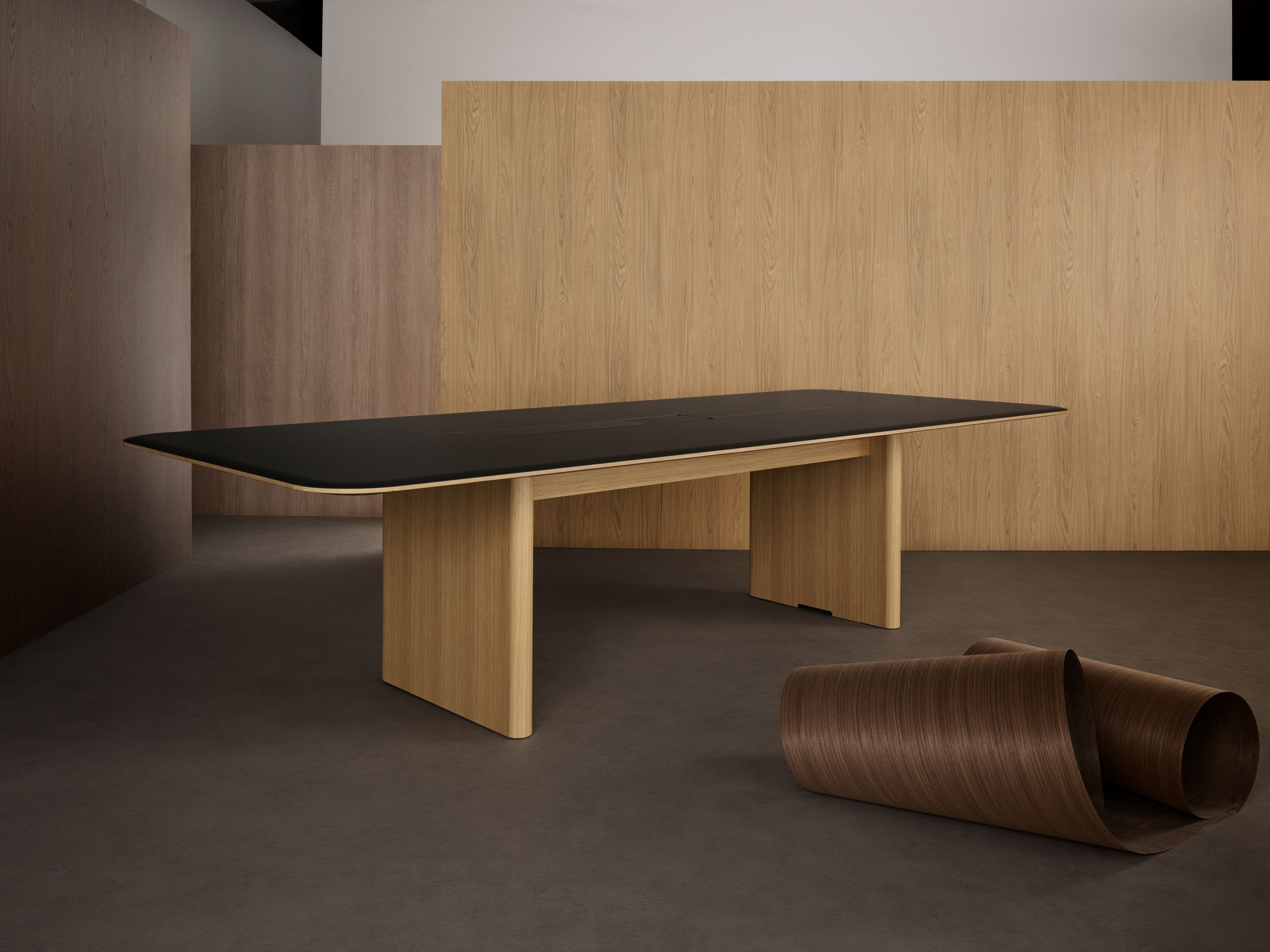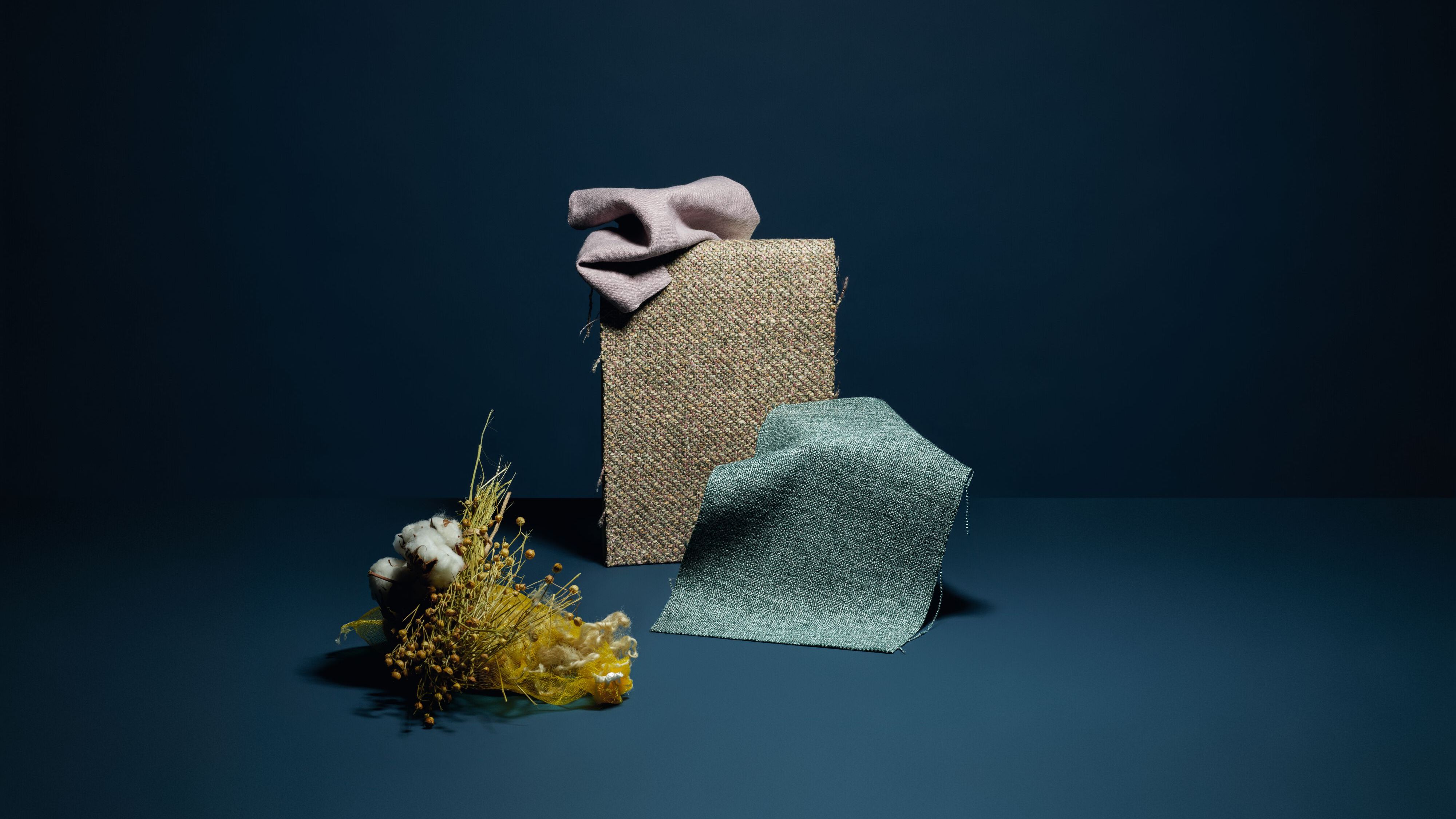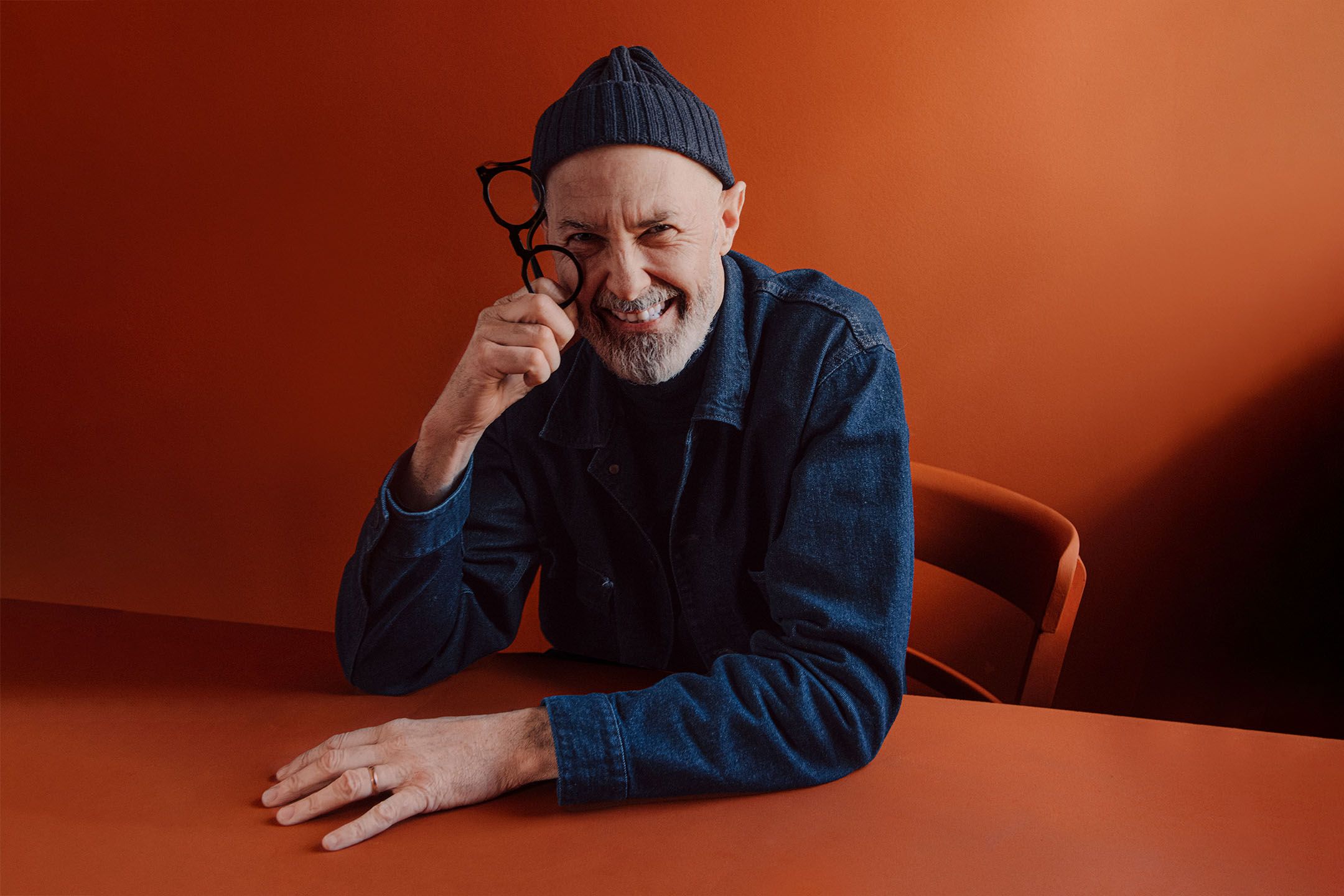We have to raise awareness. Markus Benz in an interview with nomad magazine
nomad – the magazine for new design culture, business affairs & contemporary lifestyle – features visionary minds and makers from the worlds of design, architecture, art and business in every issue. On the occasion of his 60th birthday, the editors of the magazine invited Walter Knoll CEO Markus Benz to talk about how he sees the sustainable future of the furniture industry.
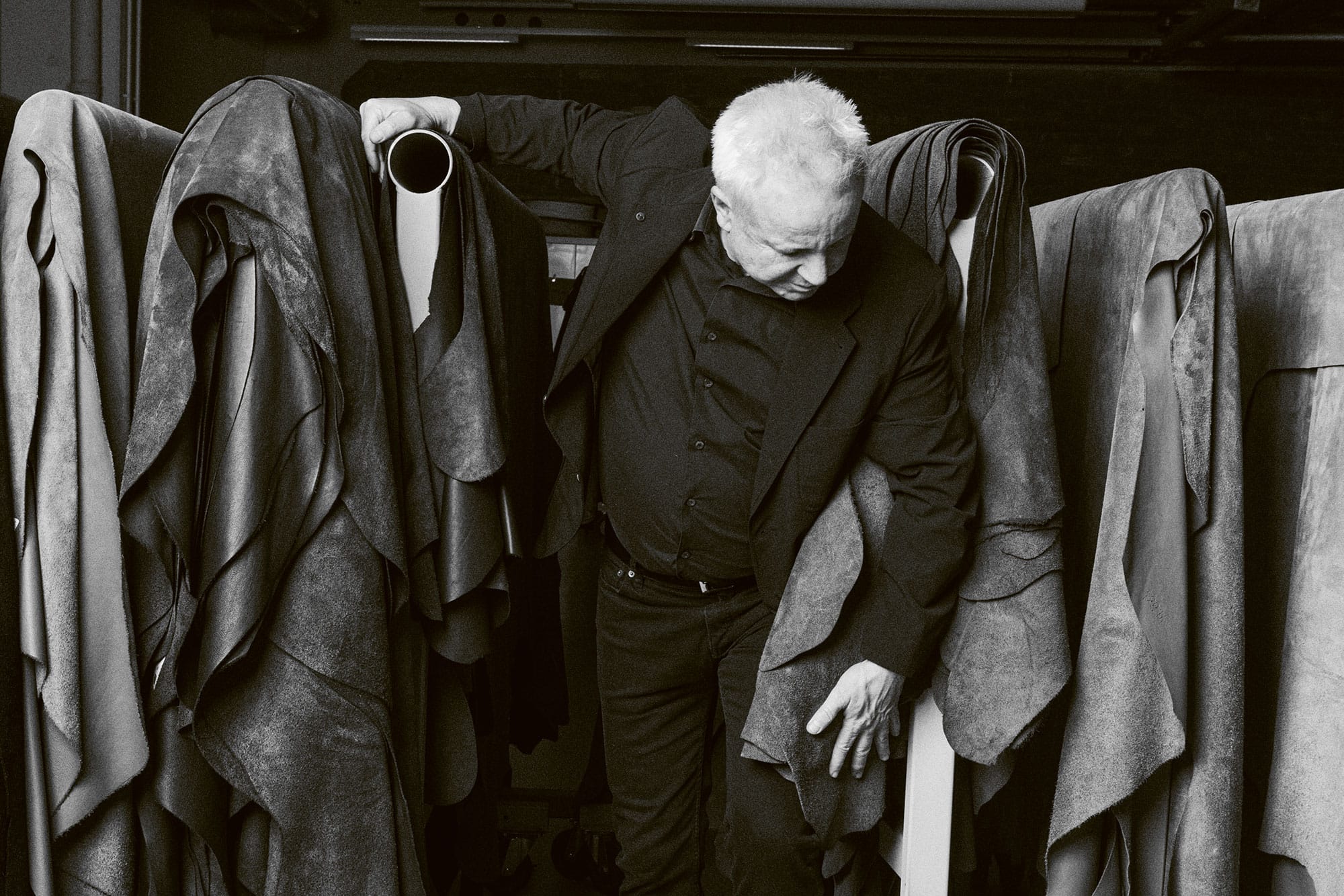
A new perspective on design
As a magazine of the A&D community, nomad tries to take new positions and change the perspective on design as something extraordinary to something that experiences natural appreciation in our everyday life. What effects and potential does the design culture have on the individual and on society as a whole? In an inspiring way, the editorial team focuses on how the future could be shaped in terms of design, social and lifestyle issues.
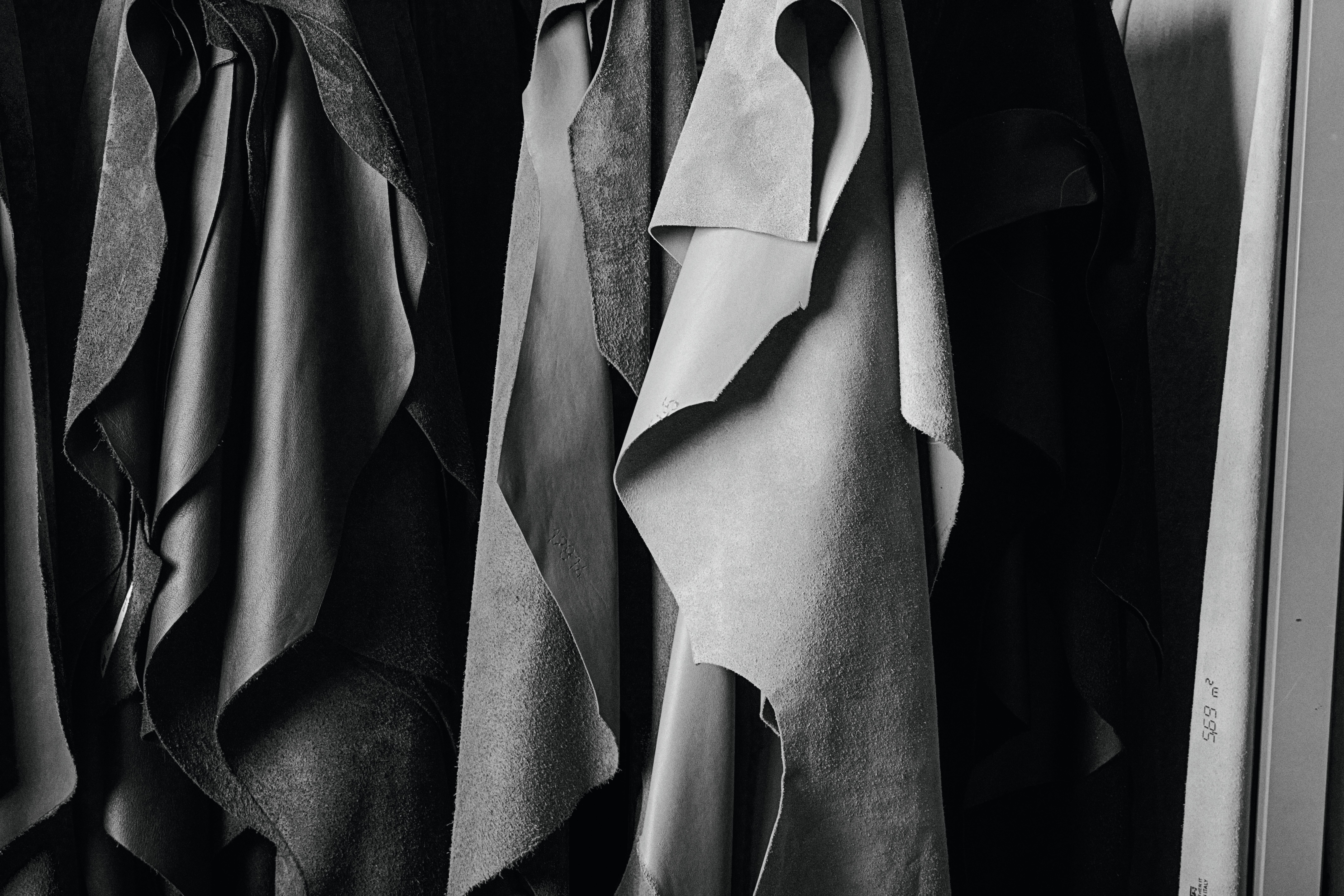
Markus Benz in conversation with Oliver Herwig
Photos: Oliver Spies
nomad: You have held ISO 14001 certification since 2019. An examination of the certification process shows that it extends to cover virtually all areas of a company. In concrete terms, what does that mean for your own operations?
Markus Benz: That’s quite a technical question. In general, certification is about our self-image as a company that lives and breathes certified quality – in this case, certified sustainability. ISO 14001 isn’t a one-off certification; it’s a long-term project. Sustainability gains its impetus to advance from a stream of new projects, so that’s one reason why we decided to engage with certification in the first place.
nomad: So it wasn’t just a marketing ploy…
Markus Benz: No, certification is very much part of our lived reality. As a family entrepreneur, I can’t just run away. I’m here, I’m always accessible. That means I have to take responsibility for everything I do – today, or in twenty years’ time.
nomad: What sparked your first steps on the sustainability journey?
Markus Benz: We’ve always embraced sustainability and responsibility. I’ve been with Walter Knoll for 28 years. For me, the start of a new millennium was an important milestone, throwing up the question: where do we go from here? Before that point there was always a feeling that everything had to be higher and faster, but suddenly a new colour appeared on the spectrum: the colour of the new millennium. And it was blue. The blue of clean air and clear water.
nomad: What conclusions have you reached from this?
Markus Benz: There will be a new natural. People will reach a point where their self-image is crucial; not something artificial or insincere, but something profound and fundamental. This created a clear outline for my collection. We have to do things that are natural and that are celebrated naturally. Solid wood is such a sensuous thing, and so is natural leather. Our aim was to enable people to regain their feel for natural beauty, natural elegance, and this gradually permeated the entire collection. After all, we only design a few pieces every year. Minimalism has always been a priority for us; we’ve created enduring products from just a few elements. That isn’t something you can dream up as a marketing ploy and then fast-track through certification.
nomad: Reviewing and revising standards is a constant accompaniment to certification. You signed up to the Climate Pact of the German furniture industry association, DGM. What concrete aspects have you changed to reflect this?
Markus Benz: Nothing, really. We were already occupying relatively new premises that comply with the highest standards in the various areas, so we were in a very good position. The majority of the energy used at our premises is from renewable sources, and we’ve installed solar panel systems on the roofs that will help us generate much of our own power in future. We’re also conveniently located directly at the railway station, so that many people choose to visit us by train. I prefer to take the train myself too, of course; even if it’s not always on time, it’s still better than sitting in a traffic jam. I can work during the journey and make the most of the time.
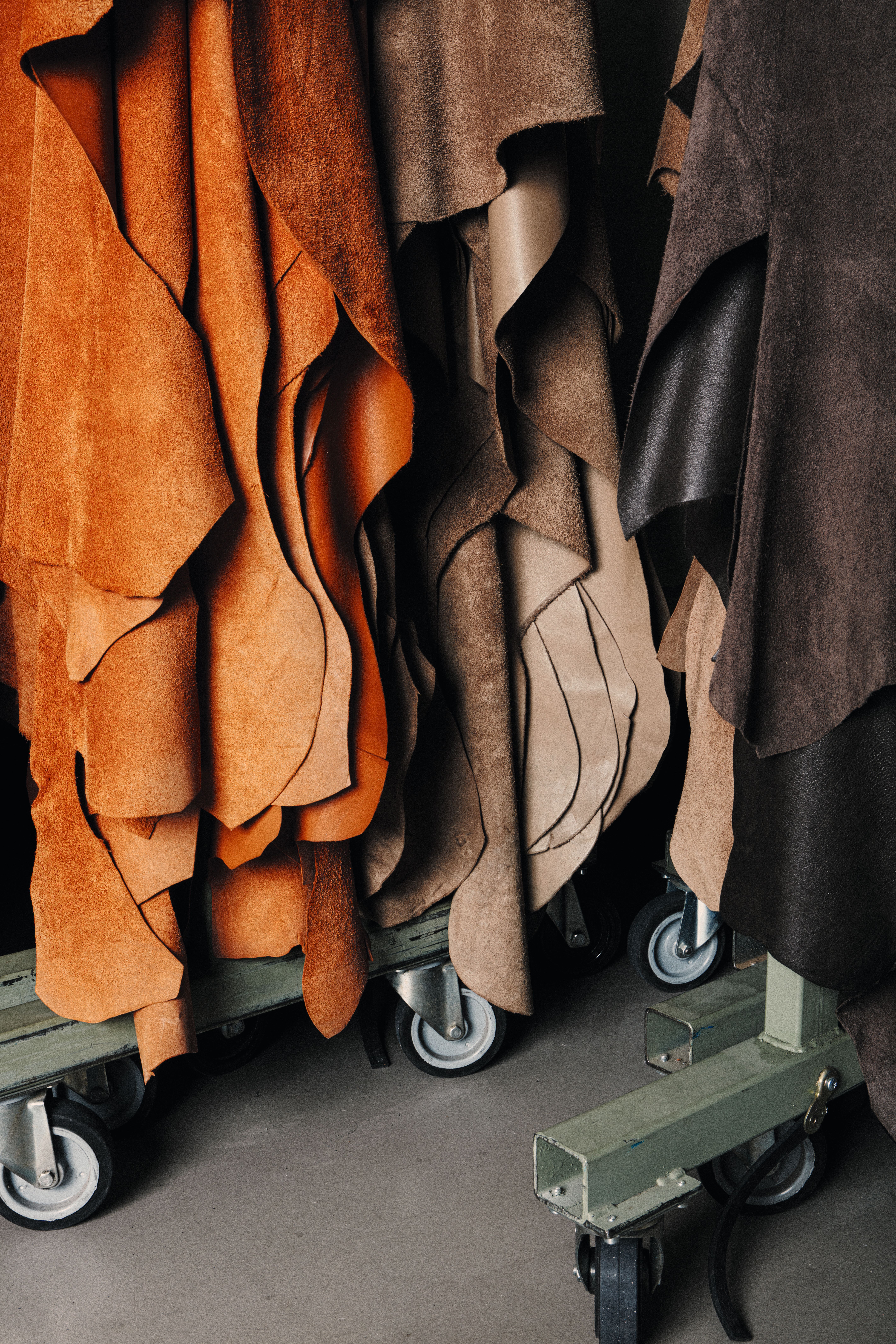
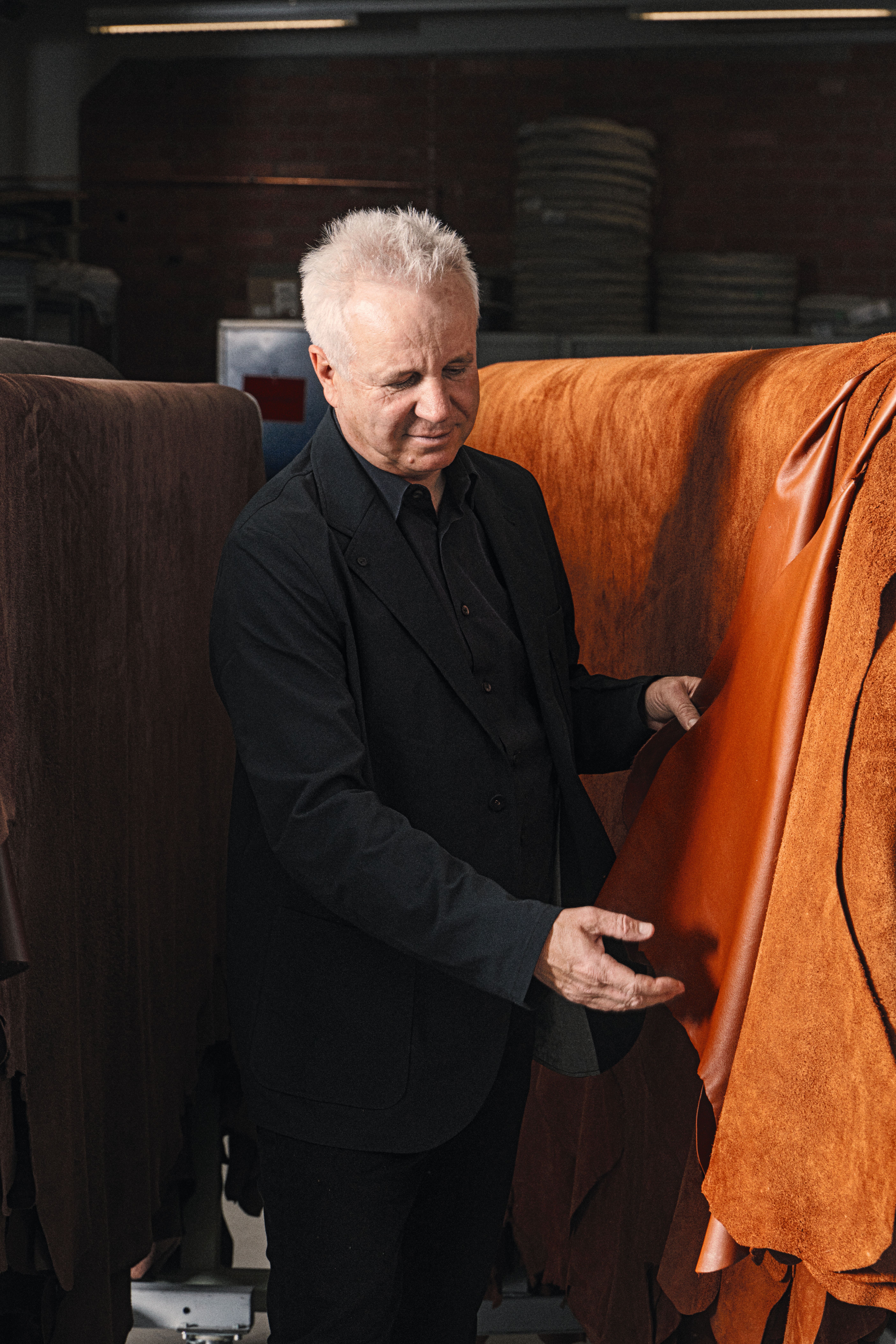
nomad: Your products showcase a philosophy that you have also expressed in your headquarters: a focus on quality, on long-term investment. It’s the same philosophy that is communicated by Walter Knoll sofas and armchairs. Do you have any facts and figures for your products’ lifespan in home or office use? You probably get enquiries from people trying to source upholstery fabric from 1963.
Markus Benz: Yes, actually we do have a few stories like that. In fact, some of them go back even further! We’ve had enquiries about armchairs from 1937 that needed to be reupholstered. A great story! But an even more important factor is our products’ timeless design, which means they continue to be appreciated and ride out changing trends. Products that you don’t like any more, or that are very much of their time, are such a waste.
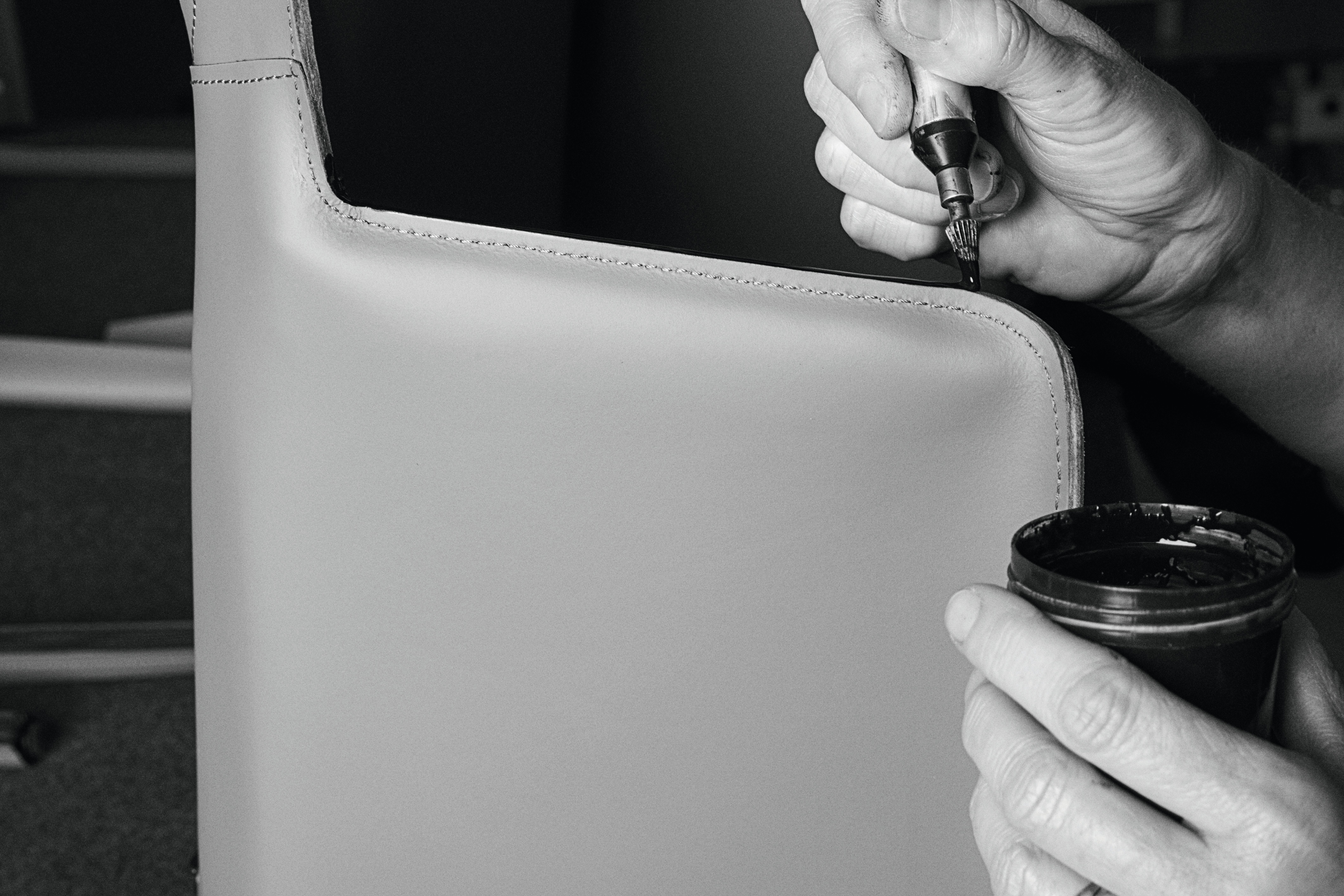
nomad: So is timelessness critical for sustainability?
Markus Benz: Yes, absolutely. We’ve achieved that timelessness; we’ve cracked it. Our products are handed down. They start off as partners for life, then they pass from parents to children – or to different owners altogether. Lifespans of 20 or 30 years for our products are very common.
nomad: My grandmother used to say she was too poor to buy cheap. But at the moment the ruling philosophy is ‘buy fast, use fast’. Can we actually afford to do that in the future? Shouldn’t we be investing in quality across the board?
Markus Benz: I agree with your grandmother! We simply can’t continue down the road of fast consumption. Our environment is something we were given to protect and pass on. It can’t be based on consumption; it must have its roots in meaningful actions. Furniture is most definitely something that can age with dignity and style, as the trend for retro products and design demonstrates. I’d rather be supporting that side than the side aiming for fast consumption.
nomad: Leather would fall into that product category; it ages well and develops a patina. But there is a vocal opposition movement claiming that leather is something we can no longer afford. What’s your view?
Markus Benz: Leather will be around for as long as we carry on eating meat. Basically, leather is a widely differentiated product. No animal is slaughtered solely for its hide, but exclusively as a source of meat; given this, we can continue to use leather in the future without hesitation. It’s one of the classic materials adopted by humanity, which have protected us over time – or upholstered our furniture.
nomad: Vegans might take a different view.
Markus Benz: Yes, they might. But leather can be used without concerns. … Hang on, is there a traffic jam? I’d go straight on… Of course there’s potential for improvement, but animal welfare is well established virtually everywhere in Europe. Wherever there are efficient sewage works, groundwater will remain untainted by tannery run-off. So those are the philosophical answers. But the main themes are actually about what the right choice is now, electric vehicles or hydrogen-powered vehicles. Leather is still an acceptable choice in my view, given its durability.
nomad: How much longer will sustainability serve as a distinguishing feature? Shouldn’t we be aiming for a future where it’s simply a matter of course, irrespective of the supplier we choose?
Markus Benz: Well, there’s also an issue of technical capability. Minimalism involves a high level of expertise in paring things back to the bone. Firstly, it has to look good, and secondly, it has to be durable – and that’s precisely the point where the most efforts are needed to combine materials. If my design work is mediocre, I can introduce change with simple design aspects. But if I want to take it to the very top level, I need to have very different ideas of how to tackle my design. In my view, this is where the artistry comes in.
nomad: So to borrow a slogan from the automotive industry, we could say ‘Vorsprung durch Design’?
Markus Benz: Yes, I still believe that’s a viable approach. Sustainability is always easier when I need less material. That’s where it starts, that’s where it becomes exciting.
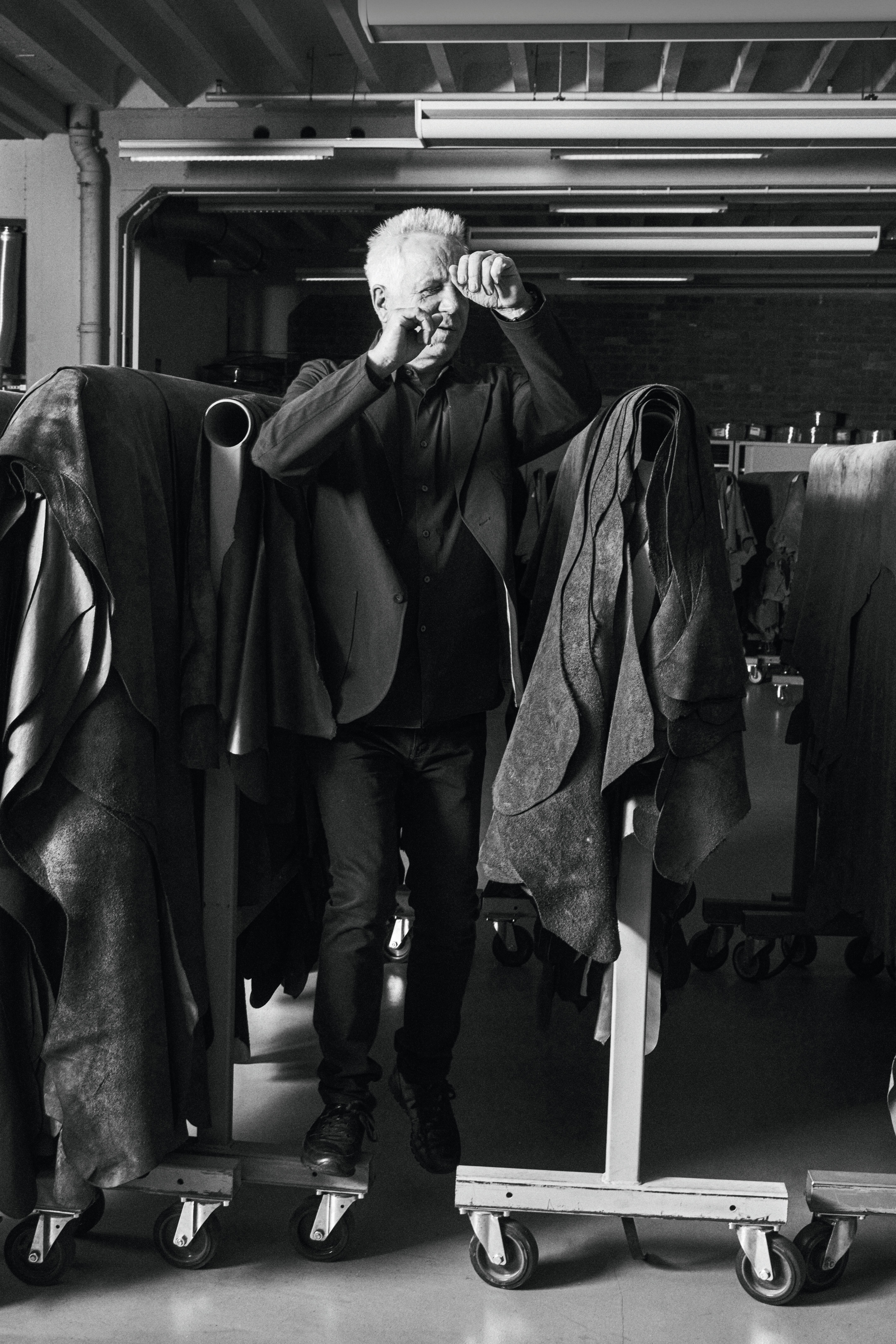
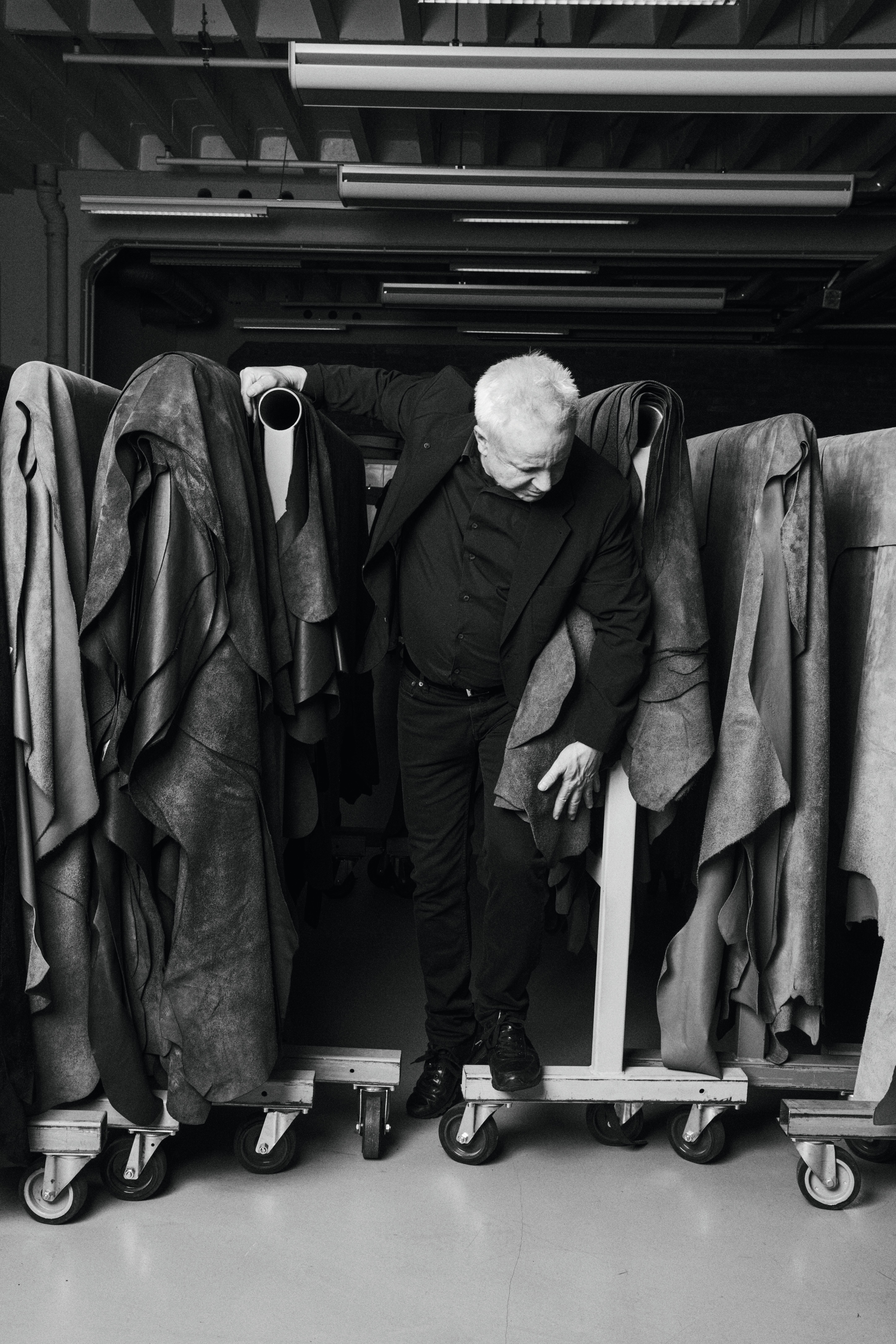
nomad: You’re on the board of the Meisterkreis, a professional trade association in Germany. Membership is very restricted, and not every company is admitted. But I didn’t find any sustainability principles there, not even at CEO level. Isn’t that rather out of touch?
Markus Benz: Actually, the issue simply wasn’t highlighted enough. You see, all the companies in the Meisterkreis are brands that have been around for a long time and that have to carve out a position at the head of the field. At that level, sustainability really wasn’t the critical issue because no brand can really exist without sustainability. Of course sustainability is a precondition for brands to continue existing in the future.
nomad: As a family-run company, do you see yourselves as having an advantage over stock companies?
Markus Benz: Yes, definitely. As a CEO of 28 years’ standing, I’ve found it’s possible to influence things. There’s more saying no than saying yes, but then it’s about making things happen. It’s about the responsibility of creating and building on an object or a brand. This may be easier for family entrepreneurs than for people who are basically focused on the bottom line, on sales and profits. And that’s the best thing; family entrepreneurs can take more sustainable action in many areas. Of course, it goes without saying that we have to earn money too; without money, we can forget all our lofty goals.
nomad: The three pillars of sustainability are economic sustainability, environmental sustainability and social sustainability. You pay taxes in Germany, but at some stage you may find yourself competing with companies based in Luxembourg, which shuffle their profits around until there’s nothing left to tax. What has to change?
Markus Benz: Consumers must make decisions. Governments are clearly not able or willing to do so. We could spend a good while talking about justice. A board colleague of mine once said that justice is a matter for the church, because what’s happening with fiscal justice? The low-hanging fruit is being picked off – in Germany that’s the working population and the family entrepreneurs that can’t run away. But what about the rest? To date, nothing has come out of all the talk about whether major corporations pay tax or not except for empty phrasemongering, but the situation is pretty dramatic. As long as politicians can’t manage to change the framework conditions, it’s all up to consumers to support companies that they can see are providing good products.
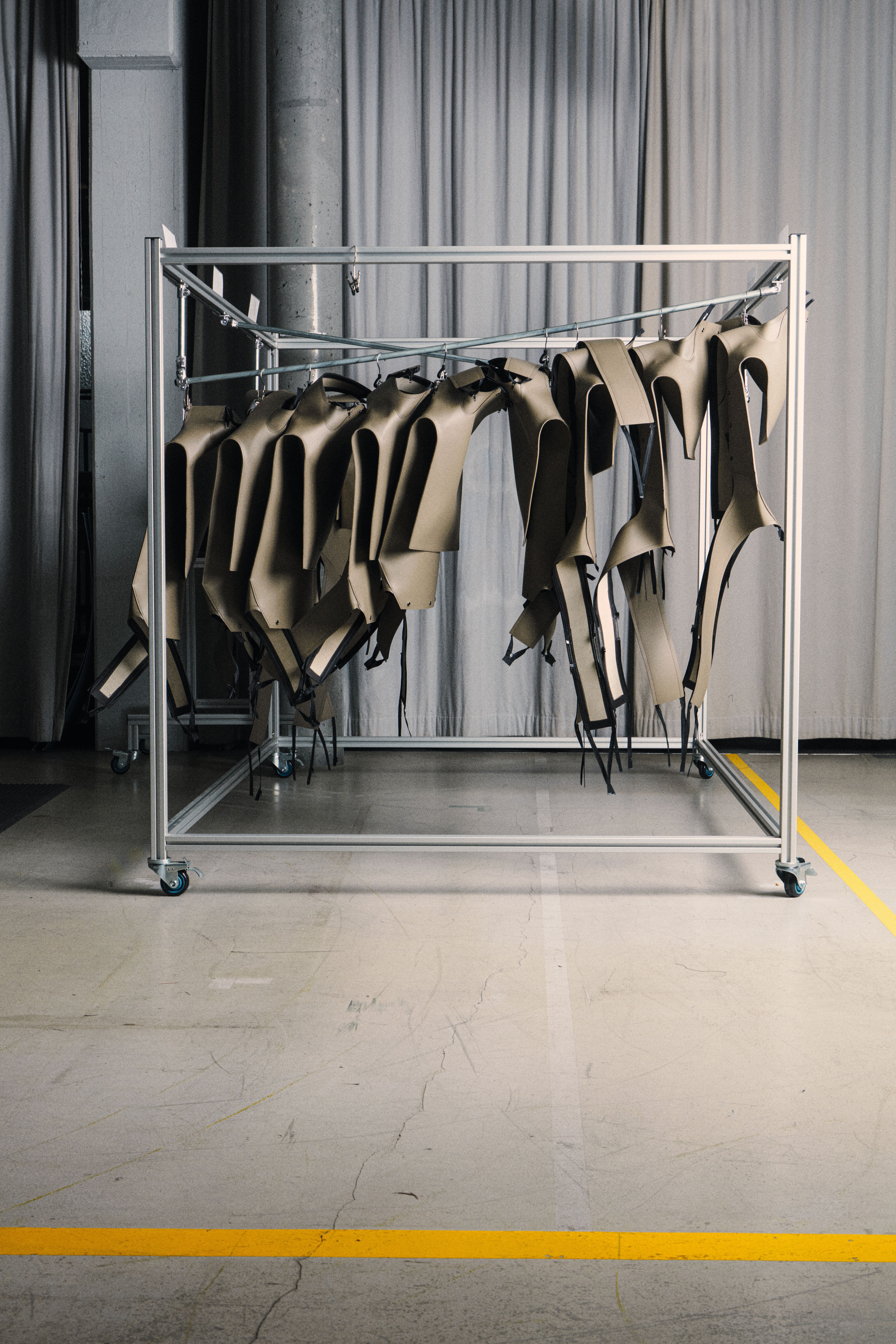
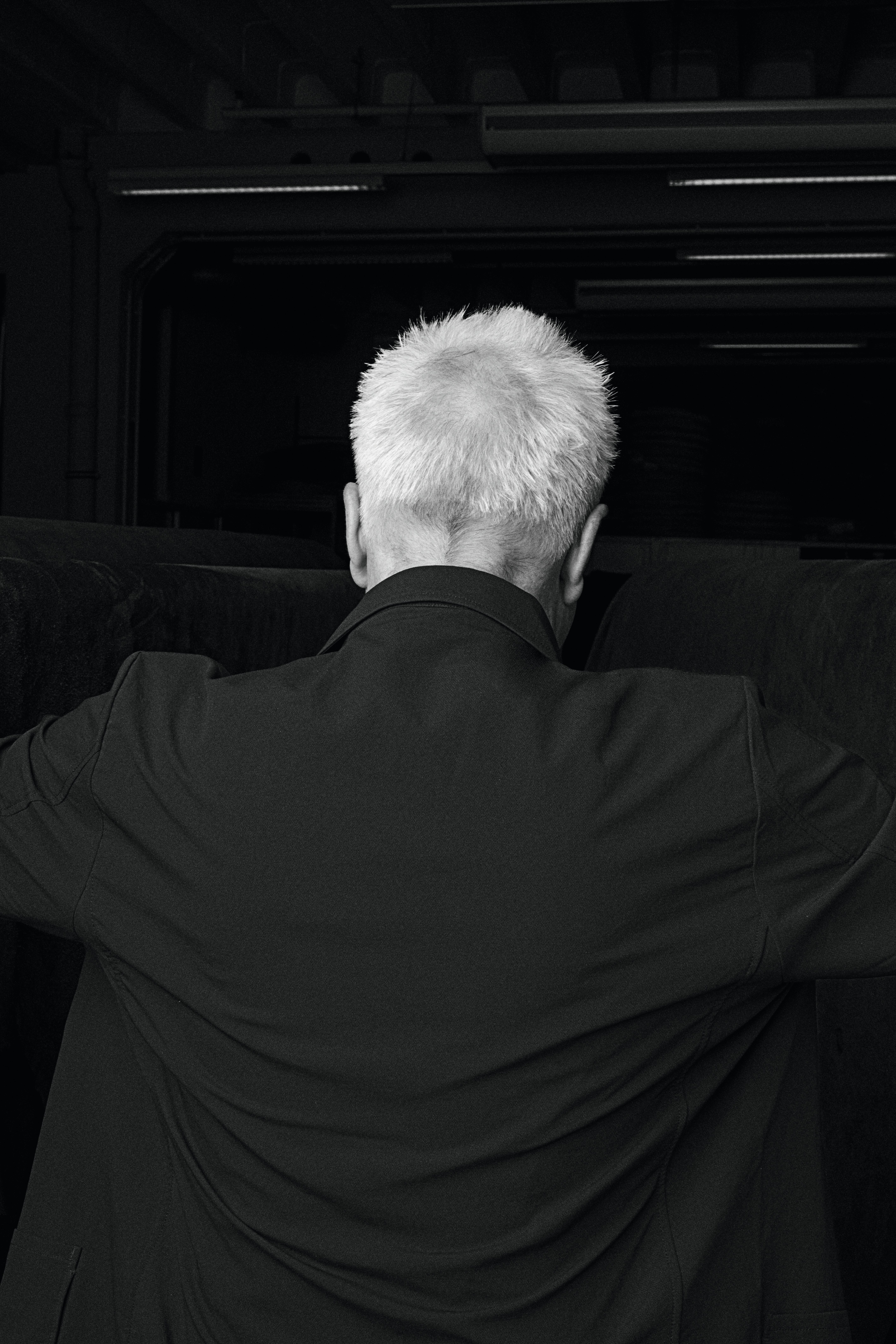
nomad: Do you see yourself adopting the concept of cradle-to-cradle, where you simply hire out products and get them back after use?
Markus Benz: Well, if I had 60 international offices under me I would be wondering whether that route might be the right one. But the idea of taking furniture apart quickly and easily and then reupholstering and reassembling it? Yes, certainly. We can make great strides in that area in the future. The consumer mentality has to be abandoned; we can only continue by embracing long-term concepts. There are already plenty of different approaches around.
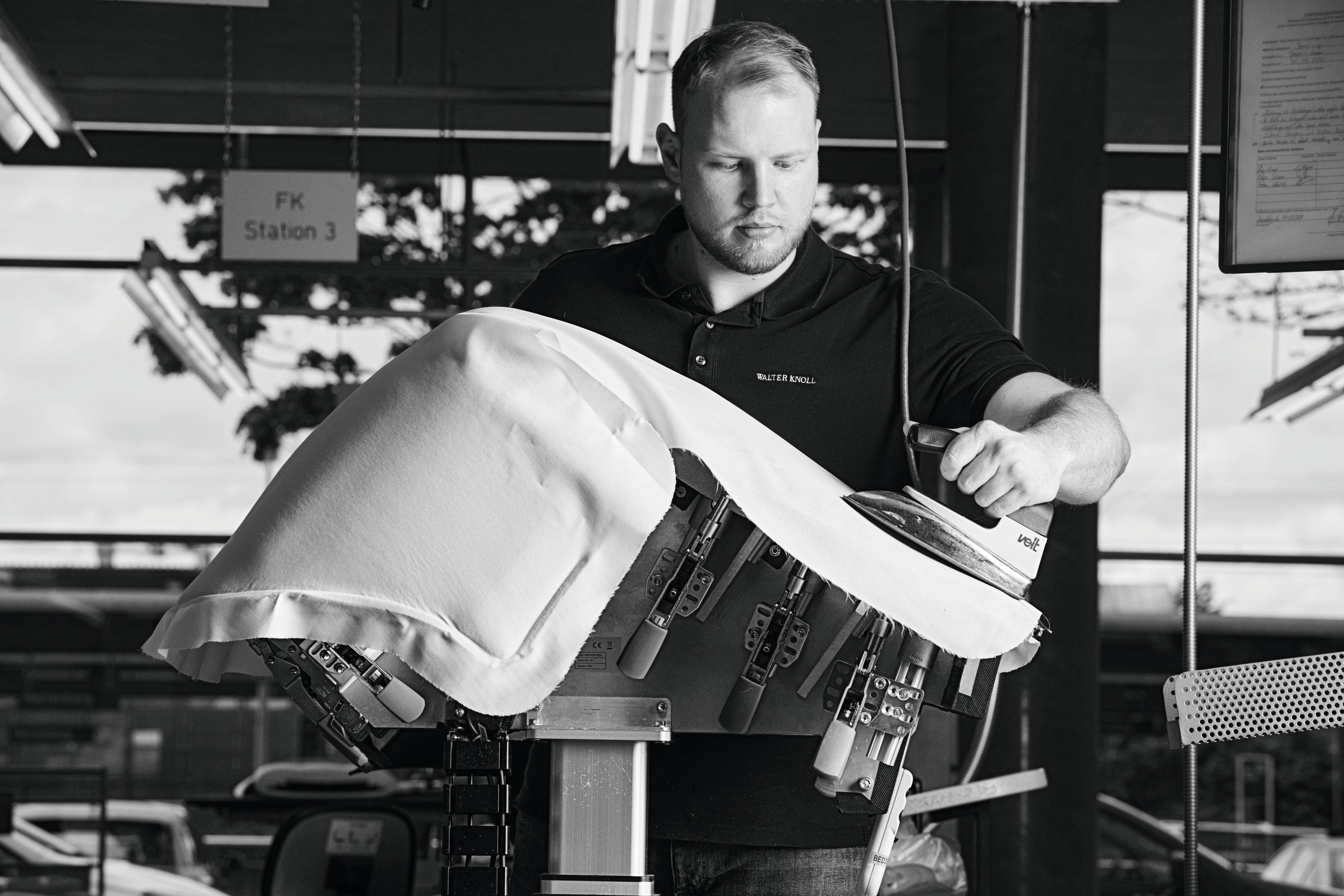
nomad: Looking further into the future, what would your ideal vision be, particularly for the furniture industry? What will sustainability be like in twenty years’ time?
Markus Benz: As well as being mindful of product design, we need to choose the type of materials we use with care. If I can enhance longevity by using chrome, fine. If the chrome is only decoration, I can skip it. Do I want products that are free from plastic finishes, or that have a high proportion of natural fibres? We can work through the issues question by question. Synthetic leather is also a debatable topic, although it’s not suitable for use on large areas as yet. But we have to accept these new directions. Sustainability will become a core issue. We are trying to achieve our goals bit by bit, mixing new and recycled plastics. That’s a further reason for committing to ISO 14001 and the Climate Pact. We have to raise awareness, whatever we do.
Take a look at the nomad magazine here:
www.the-nomad-magazine.com.
